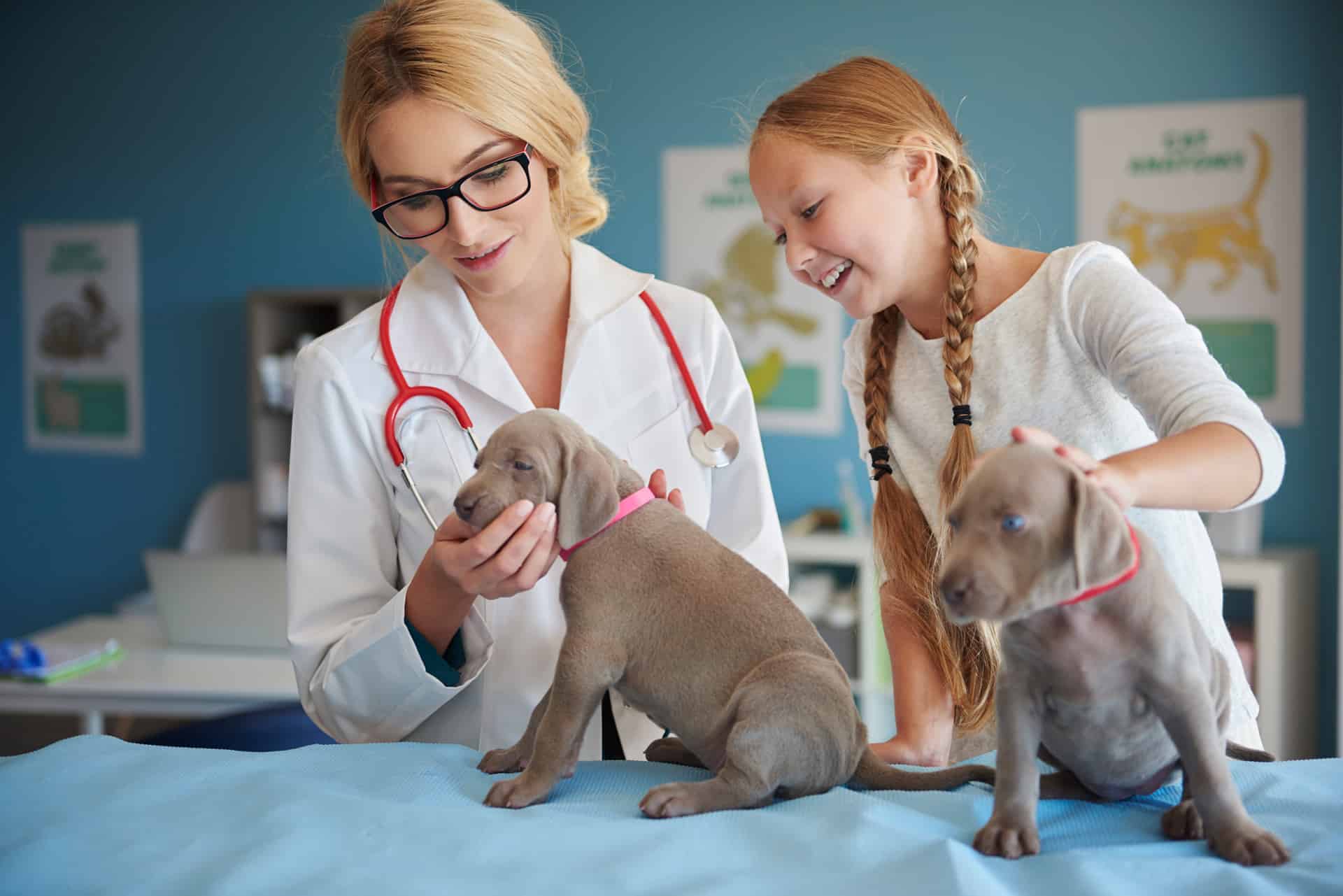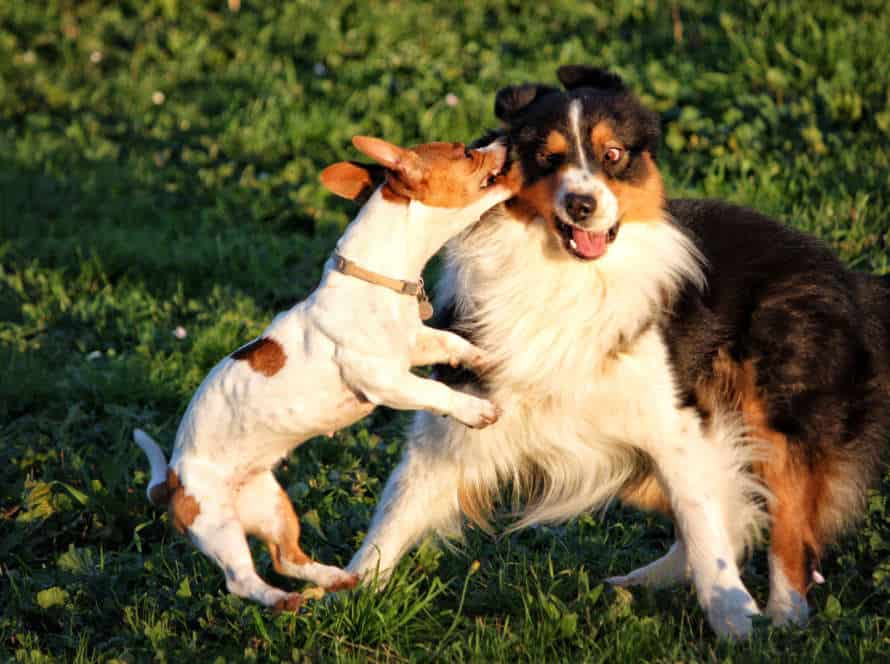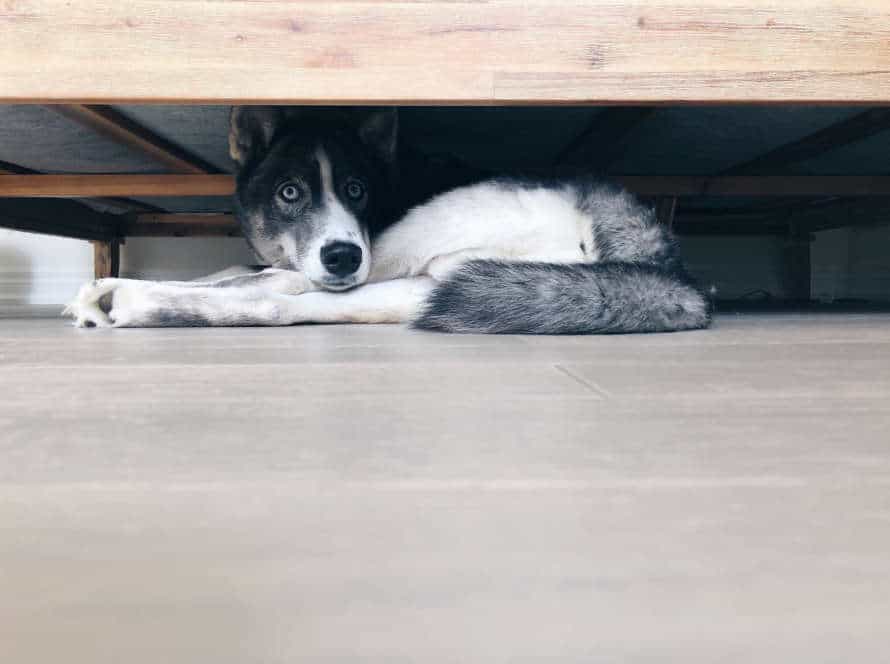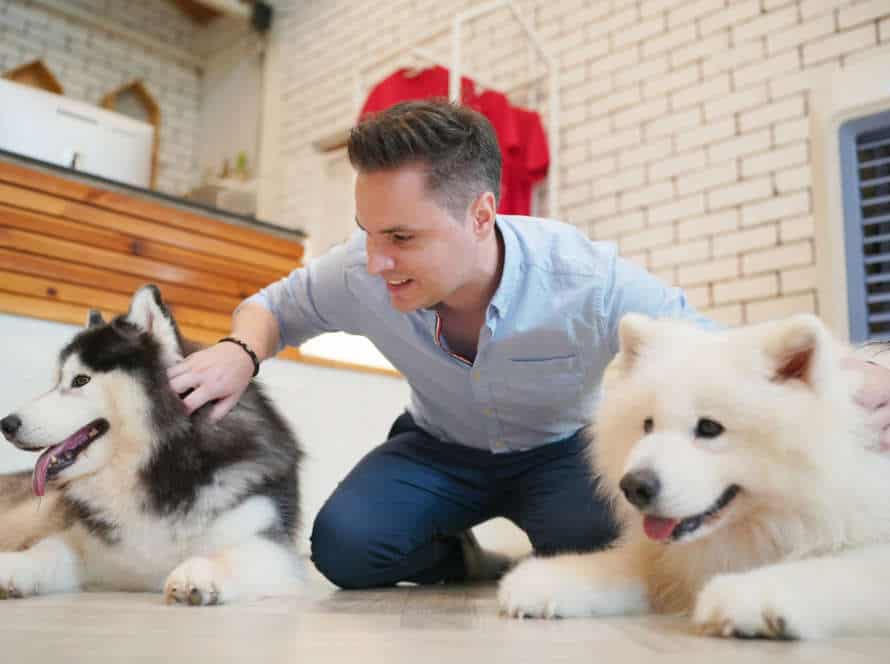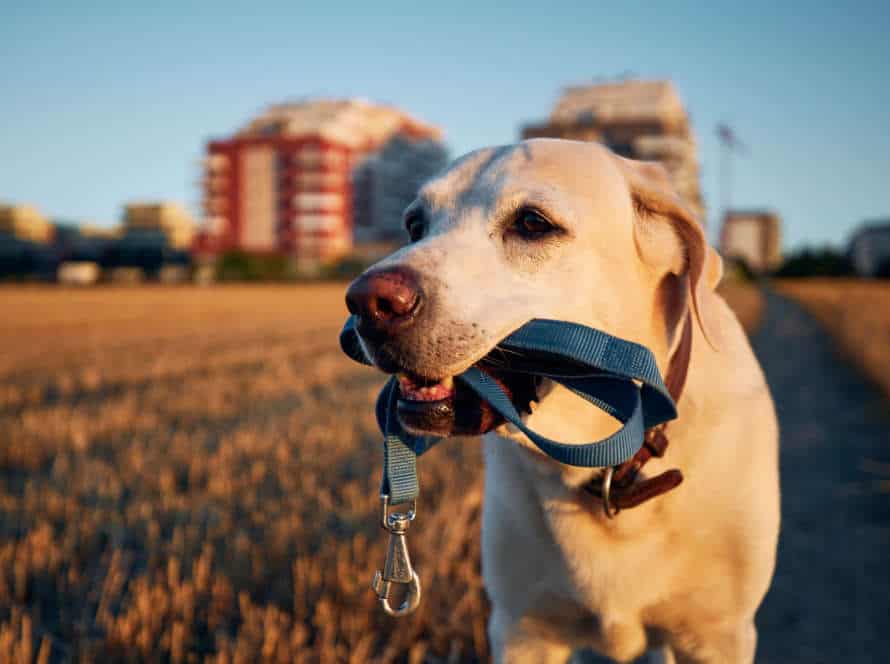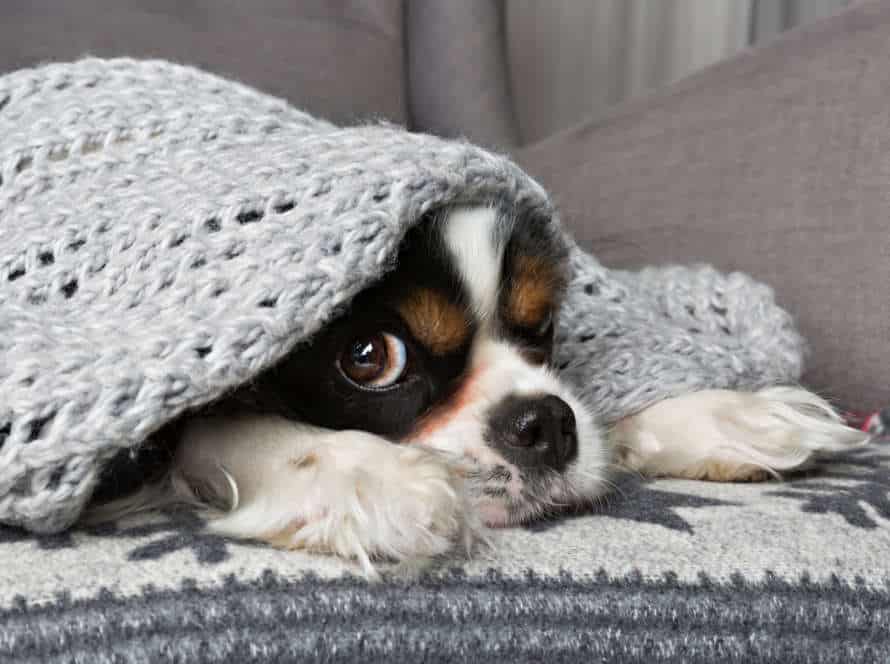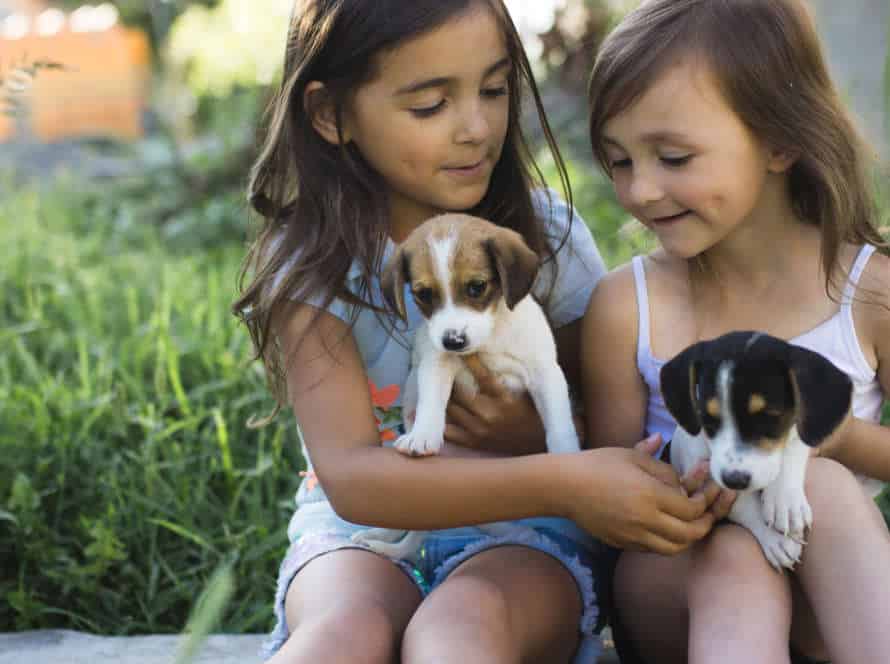Why Socialization for Vet Visits is Important
It’s vital to socialize your puppy for vet visits. This aids with their growth and health. Vet trips can be uneasy, so the more relaxed your pup is with the process, the better it will be for both them and you. Start socializing your pup for vet visits right away and keep doing it throughout their life. Let us explore why this is so essential.
Understanding your Puppy’s behavior and personality
Getting to know your pup’s personality and behavior is crucial for vet visits. Socializing your pup helps them become a confident, relaxed adult dog. Here’s why socialization matters:
- It lessens anxiety: Pups with positive experiences of handling are less anxious or scared during vet visits.
- Handling becomes easier: Pups used to being handled resist less when restrained or examined.
- Vet visits become more pleasant: Socialized pups are more relaxed, enabling vets to perform procedures.
Socializing your pup to vet visit experiences helps them grow into a friendly adult dog. This makes future vet trips smooth and easy.
Identifying potential problems and risks during vet visits
Spotting possible issues and risks during vet visits is vital to guarantee your pet’s safety and wellbeing. Socializing them for vet visits is key. This means helping your puppy to get familiar with anything that they could come across at the clinic.
These are some of the potential problems and risks you should be aware of:
- Fear and Anxiety: Visiting the vet can be an alarming and worrying experience for most pets, causing them to become anxious or scared.
- Aggression: Certain dogs may display aggressive behavior when they feel threatened or uneasy, which can be hazardous for both the vet and the owner.
- Health Problems: Pets with pre-existing health issues, injuries or infections may need extra care and attention during vet visits.
By socializing your puppy and getting them used to different places, people and circumstances, you can stop these potential issues and risks from occurring during vet visits. Pro tip: Begin socializing your puppy from a young age and reward them with treats and positive reinforcement to link vet visits with something positive.
Preparing your Puppy for various vet procedures
Socializing your pup for vet visits is essential for overall socialization. Here’s how to prep for different procedures:
- Handling exercises – Start with gentle touches on paws, ears and tail. Then progress to more invasive handling like tick-checking or ear exam.
- Introduce Vet Equipment – Show pup the stethoscope and thermometer. This’ll help them not be scared of it during the exam.
- Positive Reinforcement – Reward pup for good behavior. Create positive associations with the vet office. Give treats, play with toys or go for a walk after.
- Socialize with Other Dogs – Take pup to the vet office, involve them with other pets and owners. Make positive memories of the visit.
Socialization is key to keeping pup calm during vet visits. Don’t make it just about shots. Pro Tip- Make vet visits as comfortable as possible from the start. Prepare for a positive experience.
Techniques for Socializing Your Puppy for Vet Visits
Socializing your pup with the vet can be crucial. It’ll help them stay calm and worry-free when they visit. Here’s a guide to techniques that’ll make their vet visits less daunting. Understand them, and use them to make your pup feel comfortable.
Familiarizing your Puppy with the Vet Office and Staff
Familiarizing your pup with the vet office and team is key to make vet appointments less stressful for your furry pal. Here are some methods for socializing your pup for vet visits:
- Start early: Introduce your pup to the vet office and staff as soon as possible. Take your pup with you to your own appointments or drop by the office for a quick visit. Let your pup explore the area and meet the team.
- Positive reinforcement: Give your pup treats, toys, and praise for good behavior at the vet office. This will create a positive connection with the vet and make future visits less intimidating.
- Play pretend: Make vet visits at home by examining your pup’s paws, ears, and mouth. This will prepare your pup for the actual exam and make it less frightening.
- Take it slow: Step by step increase the length and intensity of your visits to the vet office. This will help your pup to adjust to the new environment and staff.
Pro tip: Regular socialization with the vet office and team will not only make vet visits less stressful but also guarantee your pup gets the best care.
Introducing your Puppy to Different Types of People
Introducing your pup to various types of folk is essential for socialization. And it preps them for vet visits! Here are some tips to help socialize your pup for vet visits:
- Start early. Introduce your pup to all sorts of people, men, women, kids, and seniors. This helps them feel comfy with all ages and genders.
- Use positive reinforcement. Give treats, toys, and praise when they interact positively with new people. This helps them link meeting new people with good experiences.
- Role-play. Have family and friends mimic vet visits. This includes handling your pup, restraining them, and touching their paws, ears, and mouth.
- Gradual exposure. Ease your pup into meeting new people. Start with people that are close to them, like family and friends.
It’s very important to socialize your pup. This’ll make them more comfortable during vet visits. Pro tip: Vaccinate your pup before introducing them to new people.
Desensitizing your Puppy to Specific Procedures
Desensitizing your pup to specific activities is a great way to prep them for vet visits and get them used to new experiences. Here’s how you can socialize them for vet visits:
- Let them get familiar with the environment. Take them to the vet clinic to just explore and play. This’ll help them get used to the smells and sounds there.
- Start young. Do basic stuff like check-ups or vaccinations when they’re still a pup, so they don’t get scared as they grow up.
- Get them to meet strangers. Have your pup meet and interact with new people. This’ll help them develop social skills, and they won’t be scared of strangers.
- Use treats. Positive reinforcement like treats or toys will make them comfortable.
By following these tips, you can desensitize your pup and make vet visits easier for them.
Practice Exercises for Socializing Your Puppy at Home
Your pup’s growth is important. To make vet visits simpler, do similar exercises at home. Try these socialization activities with your puppy:
- At home:
- Practice makes perfect!
Gradual introduction to handling and grooming
Gradually introducing your pup to handling and grooming is a must! Here are some activities that’ll help socialize your pup at home:
- Touch and handle their ears, mouth, paws, and tail for short periods. Give treats or praise to make it positive.
- Introduce grooming tools like brushes and combs. Let them sniff and check them before use.
- Desensitize them with noises and stimuli. Play sounds of dogs barking or babies crying.
- Take short car rides to get them ready for future vet visits.
- Reward calm behaviour during handling and grooming exercises.
By doing these activities, you’ll help your pup feel more relaxed in different environments and with the vet.
Role-playing exercises for vet visits
Role-playing is a great way to get your pup ready for vet visits. Here are some tips to help them get used to it:
- Get your pup used to being touched and handled, like the vet would do. Then start checking ears and paws, and practice nail trimming.
- Put on and remove their collar and leash every day. This will make it less scary for them.
- Reward them with treats or playtime after mock vet visits. Show them that it isn’t always a bad thing.
- Take them to the vet’s office so they can get used to the environment.
Doing these role-playing exercises regularly will keep your pup relaxed and safe during real vet visits.
Encouraging positive behaviors through reinforcement techniques
Reinforcement techniques are great for promoting good behavior in dogs. Here’s how to use them to socialize your pup and get them ready for vet visits:
- Positive Reinforcement: Give treats, compliments, or playtime to reward good behavior in social settings or during vet visits.
- Desensitization: Let your puppy get used to different social situations and vet equipment. This helps them stay calm.
- Counter-Conditioning: Create positive connections with things that make your puppy scared, like the vet’s office. Do this by giving treats or pleasant experiences.
- Consistency: Reinforce the positive behaviors consistently. This stops your pup from getting mixed signals.
By using these reinforcement techniques, you’ll get your pup feeling comfortable in social settings and the vet’s office. This improves their life!
Common Mistakes to Avoid during Puppy Socialization
Socializing your pup can be essential for their growth. But, it is easy to slip-up. For instance, forcing interaction with unfamiliar people or using wrong rewards for good behavior. The wrong approach to socializing can have bad outcomes for the pup’s conduct, and even their long-term health.
In this guide, let’s look at mistakes to dodge when socializing a puppy.
Avoiding negative reinforcements and punishments
When it comes to puppy socialization and vet visits, punishments and negative reinforcements should be avoided at all costs. These can be bad for your pup and lead to long-term behavior problems.
Common mistakes to avoid:
- No physical force or intimidation
- Socializing your pup with other dogs and people
- Exposing your pup to different environments and situations
- Not overwhelming them with too many new experiences
Preparing for a vet visit needs positive reinforcement and a gradual process. Here are tips for successful visits:
- Positive reinforcement with treats and praise
- Gradually getting them used to the sights, sounds, and smells of the vet
- Bring familiar toys or blankets for comfort
- Stay relaxed, as your pup will sense your emotions
Not over-exposing your puppy to stressful situations
Be careful not to over-expose your pup to tough scenarios during socialization. It could lead to long-term negative impacts on their character and mental state. Here are some typical errors to dodge:
- Rush it: Step by step introduce your pup to different experiences in a regulated atmosphere. Don’t press your pup into new circumstances before they are ready.
- Too much stimuli: Don’t boggle your puppy with too many experiences, looks, and noises simultaneously. It can cause anxiety, confusion, and stress.
- Signs of stress: Look out for signs of distress in your pup, e.g. shaking, hiding, or whimpering. Give them a break if they appear overwhelmed.
- Positive experiences: Socialization isn’t only about introducing your pup to various situations, but it’s also about reinforcing positive experiences. Don’t forget to award your pup with treats, compliments, and playtime when they do it right.
Pro tip: Socialization is an on-going process beyond the puppy stage. Keep exposing your dog to fresh experiences throughout their life to keep them mentally energized and content.
Not being consistent with socialization training
Puppy socialization training is vital. One mistake to dodge: not being consistent with training. Here’s how not being consistent can hurt your puppy’s socialization:
- Unclear expectations. With no consistent training, your pup won’t understand what to do in various situations, causing them confusion and stress.
- Missed opportunities. Consistency is critical when introducing your pup to different people, animals, and environments. Without regular socialization and training, your pup may miss out on important chances to learn and grow.
- Regression. Inconsistency may make a puppy regress in socialization progress, making it tougher to fix bad behavior in the future.
To avoid these troubles, have a consistent routine for socializing your puppy. This includes regular exposure to new things, positive reinforcement, and clear communication. Consistency in socializing your puppy will help them develop into a content adult dog.
Conclusion: The Importance of Continuous Socialization for your Puppy’s Well-being.
To sum up, socializing is key for your pup’s wellbeing. It helps to form a strong bond with them, making them more trainable, less worried, and better used to new places. Also, it makes vet trips less stressful.
Here are some steps to get them ready:
- Take them to the vet’s office and the vet when healthy.
- Use treats or praise during the visit to make them have a good experience.
- Do a few visits to get them used to the atmosphere.
- Practice handling stuff, like paws and ears, to prep for exams.
- Interact with other dogs, people, and places to make them comfortable at the vet’s.
Bonus: Start socializing your pup early on to make sure they grow up content and healthy!
Frequently Asked Questions
Q: Why is it important to socialize your puppy for vet visits?
A: Socializing your puppy for vet visits helps reduce fear and anxiety, making it easier for your puppy to receive necessary medical care.
Q: When should I start socializing my puppy for vet visits?
A: It’s important to start socializing your puppy as early as possible, ideally between 3-14 weeks of age when they are most receptive to new experiences.
Q: How can I socialize my puppy for vet visits?
A: You can socialize your puppy by taking them to the vet’s office for short visits, allowing them to explore the waiting area and exam room, and rewarding them with treats and positive reinforcement.
Q: What should I do if my puppy shows signs of fear or anxiety during vet visits?
A: If your puppy shows signs of fear or anxiety, try to remain calm and reassure them with soothing words and touch. You can also speak to your vet about techniques and strategies to help reduce your puppy’s anxiety during visits.
Q: How often should I take my puppy to the vet for socialization visits?
A: It’s recommended to take your puppy to the vet for socialization visits at least once a month until they are about 6 months old. After that, regular vet visits for check-ups and vaccinations are still important but socialization visits may not be necessary.
Q: What other things can I do to prepare my puppy for vet visits?
A: You can also practice handling your puppy’s ears, paws, and mouth at home to help them get used to being examined. Additionally, you can use a carrier or leash to help them feel comfortable during transport and make sure they have plenty of time to relieve themselves before the visit to reduce stress.

